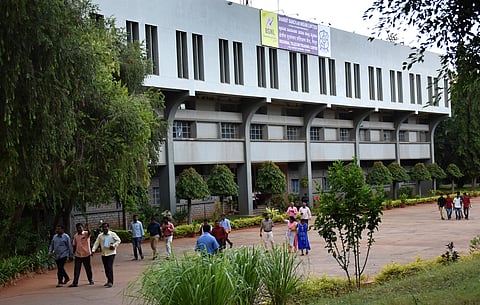Govt incurs Rs1,758 cr loss as BSNL fails to bill Reliance Jio
The government incurred a loss of Rs 1,757.76 crore between May 2014 and March 2024 because the state-owned telecom service provider Bharat Sanchar Nigam Limited failed to bill Reliance Jio Infocomm Limited (RJIL) for the sharing of its passive infrastructure.
According to a report by the Comptroller and Auditor General (CAG), the core of the dispute revolves around the billing of different LTE technologies, specifically Frequency Division Duplex (FDD) and Time Division Duplex (TDD), used by RJIL on BSNL’s towers. BSNL did not consistently charge Jio for the use of these technologies, despite contractual provisions for such charges. The telco also did not utilize the arbitration clause in a timely manner.
BSNL in enforcing MSA with RJIL, thereby non-charging of fee for additional/different technology on BSNL’s passive infrastructure resulted in loss of revenue of `1,757.76 crore and penal interest thereon, between May 2014 to March 2024, to government exchequer,” reads the report.
BSNL entered a master service agreement (MSA) with RJIL in 2014 for sharing BSNL’s passive infrastructure. The agreement allowed Jio to use BSNL’s infrastructure for 15 years. However, the partnership specified the standard equipment RJIL could install per site: six antennas, six remote radio heads (RRH), and one base transceiver station (BTS) slot.
However, Jio added other technology -- FDD and TDD technologies -- on these sites that required additional charges. Nevertheless, Jio argued that FDD and TDD are merely different modes within the same LTE technology and refused to pay any additional amount. Subsequently, BSNL formed a panel in August 2020 to resolve the dispute, which determined that FDD and TDD are distinct technologies.
Meanwhile, the telco almost after 17 years reported a profit of Rs 262 crore in the third quarter ending December 2024. This marks the first time the telecom operator has turned profitable since 2007. For nearly two decades, BSNL struggled with declining subscriber numbers and operational losses, largely due to intense competition from private telecom service providers in the country.

